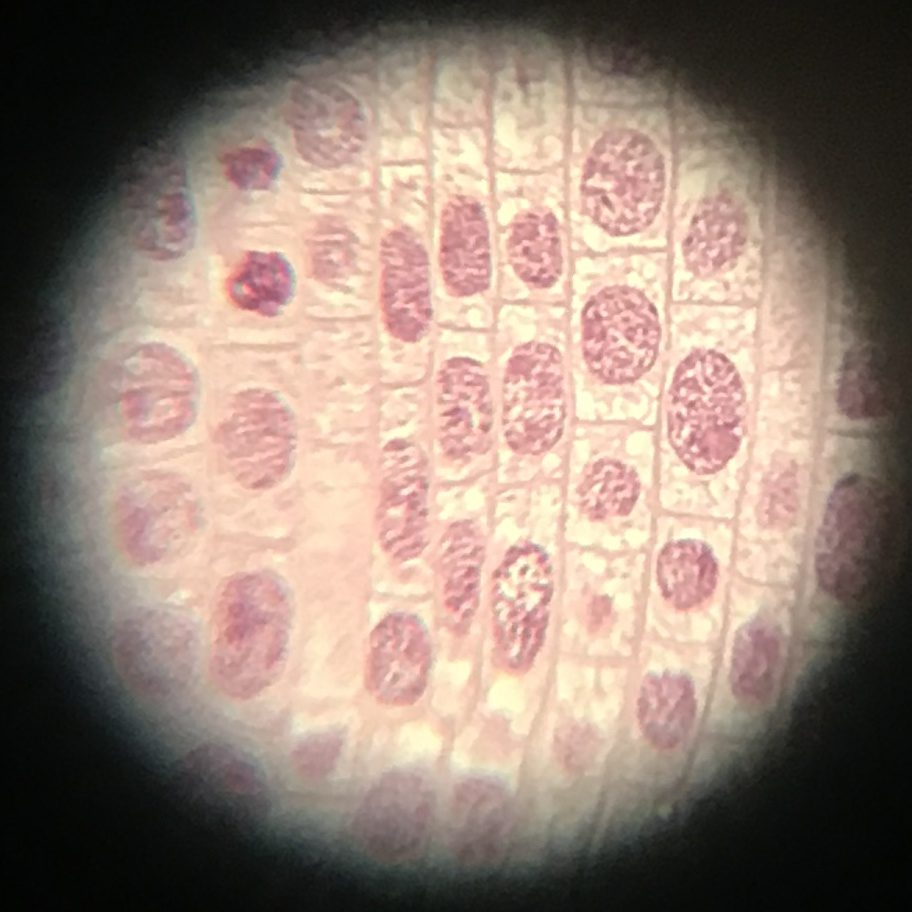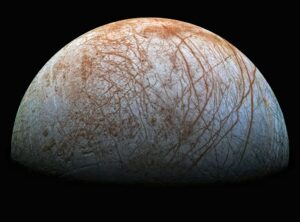
Montreal (Canada) Scientists discovered a new enzymatic complex that can stop cells from aging, which might help to develop new cancer treatments. The team of researchers from the Université de Montréal and McGill University have discovered a new multi-enzyme complex that reprograms metabolism and overcomes cellular senescence when aging cells stop dividing. They published a study in “Molecular Cell” (DOI: 10.1016/j.molcel.2021.08.028) that shows an enzyme complex named HTC (hydride transfer complex) that can stop cells from aging.
“HTC protects cells from hypoxia, a lack of oxygen that normally leads to their death (…) Importantly, HTC can be hijacked by certain cancer cells to improve their metabolism, resist to a hypoxic environment and proliferate” said senior author and biochemistry professor Gerardo Ferbeyre who made the discovery together with Sebastian Igelmann, a PhD student in his lab.
HTC consists of three enzymes: pyruvate carboxylase, malate dehydrogenase 1, and malic enzyme 1. They were all highly expressed in samples from a prostate cancer mouse model generated at the University of Veterinary Medicine Vienna and also in tissue samples from prostate cancer patients.
“Most interestingly, inhibition of these enzymes stopped the growth of prostate cancer cells, suggesting that HTC could be a key target to develop new therapeutics for a variety of cancers, including prostate cancer,” said Ferbeyre.
The researchers assembled the enzyme complex from purified proteins to obtain biophysical data about its composition. With the available data they will now try to build a detailed high-resolution structure of the enzyme complex, so they can create drugs which are able to modulate its functions.






